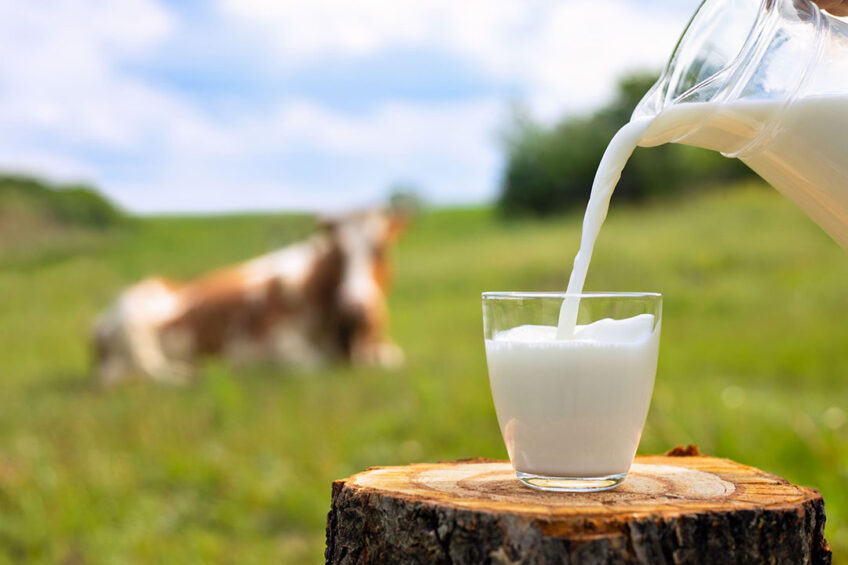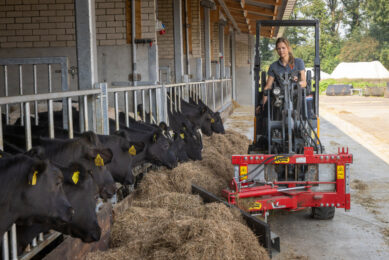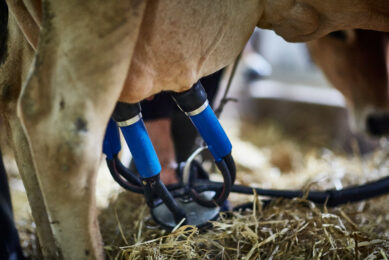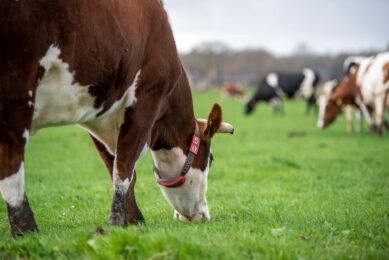UK dairy sector: fall in price cuts halted

Several dairy cooperatives have announced they will hold or raise milk prices, prompting hopes for an end of the cycle of price cuts which have dominated the UK sector over the past 6 months.
Arla announced its July price for both conventional and organic milk would remain unchanged, while Freshways, First Milk and Wyke Farms are all keeping prices the same for August. Producers linked to Barber and Saputo have even some modest rises.
Paul Savage, agricultural director for Arla UK, told industry sources: “After a period of negativity, it is welcoming to see commodity markets recover. With the outlook also stabilising, as a farmer-owned cooperative we are firmly focused on building on our already strong customer relationships to add more value to our farmer owners milk.”
Robert Craig, vice-chairman of First Milk and farmer director, added that while there was uncertainty in the wider economy, dairy markets appeared to be stabilising.
The cheese sector continues to struggle though with Wensleydale Creamery announcing a 0.59ppl milk price reduction to 35.64ppl for July, according to Dairy Reporter.
Stability with the August milk price
Soumya Behera, AHDB senior analyst, said she expected to see more stability with the August milk price. Input costs due to inflation has eased in recent months, but costs remain at historically higher levels.
“Farm margins will be under increased pressure this season unless milk prices begin to rise again. This pressure could increase further if grass growth this autumn does not allow depleted silage clamps to be replenished.
“In addition, cull cow prices remain very high which may encourage farmers to rationalise their herds, particularly with more replacement heifers coming through due to increases in sexed semen use.
“All these factors of higher production costs, lower milk prices and strong cull cow prices might encourage farmers in reducing cow numbers and thereby lower production in the winter months,” she added.
Join 13,000+ subscribers
Subscribe to our newsletter to stay updated about all the need-to-know content in the dairy sector, two times a week.










